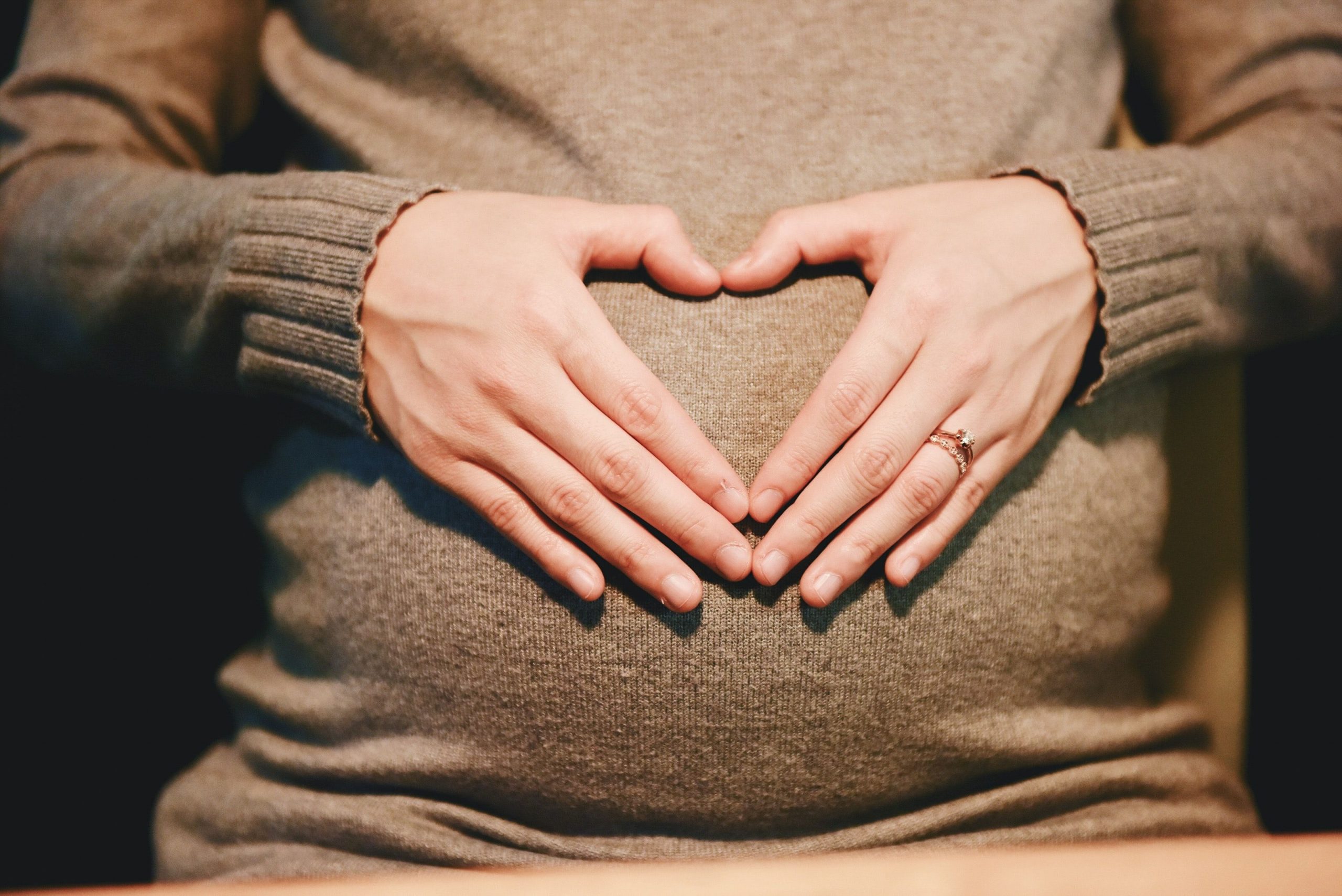In a resent study, scientists from Massachusetts General Hospital (MGH) in Boston have found evidence of lower than expected transfer of protective antibodies against the novel coronavirus via the placenta from mothers who are infected in the third trimester, as per PTI reports.
According to the researchers, these findings could help determine ‘critical’ windows in any pregnancy that would be safest (and optimum) for vaccination.
According to the study, published in the journal Cell, altered attachments of carbohydrates to the coronavirus-specific antibodies — a process called glycosylation — may be the reason for the reduced transfer of protective protein from mother to fetus.
On comparing maternal antibodies against the flu (influenza), whooping cough (pertussis), and the novel coronavirus — SARS-CoV-2, they found that influenza- and pertussis-specific antibodies were actively transferred from the mother’s placenta in a ‘relatively normal’ fashion.
In contrast, the researchers said that the transfer of SARS-CoV-2-specific antibodies to the baby was both ‘significantly’ reduced, and drastically affected in terms of efficacy than those against influenza.
The study, which found that carbohydrate attachments on SARS-CoV-2-specific antibodies in maternal blood were different than those seen on influenza- and pertussis-specific antibodies, notes that this reduced transfer was only observed in third trimester infection.
Due to this difference in carbohydrate pattern, the COVID-specific antibodies may become “stuck” in the maternal circulation, instead of being transferred via placental antibody receptors.
The researchers note that these findings have implications for the design of new vaccine candidates against SARS-CoV-2 for pregnant women.
“Vaccine regimens able to drive high levels of the COVID-specific antibodies with glycosylation patterns favoured by the placenta for selective transfer to the fetus may lead to better neonatal and infant protection,” says study co-author Andrea Edlow, a maternal-fetal medicine specialist at Massachusetts General Hospital, as per PTI reports.







